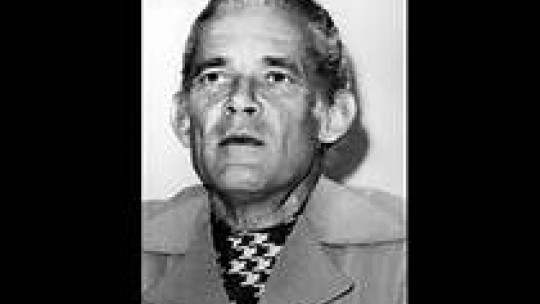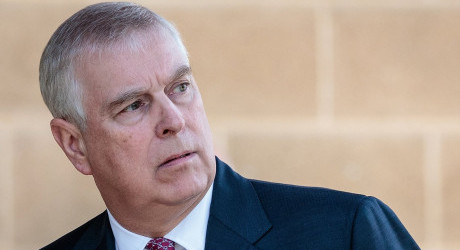.png)
I think that this is a good time for us to stop and take stock, to have a hard look at the past and to ask ourselves, what can we learn from it as we face the next 10 years?
First of all, what sort of society are we really trying to build in Jamaica? What are the ideals that should guide us at this time?
Independence
When I think back to the time of Independence, I believe that people expected that there would be a great coming together, a great sense of everyone about to share and make a contribution to a great adventure.
But I don’t think that this has happened. Rather, I think that we find ourselves more divided now than ever in Jamaica. I think if there’s one challenge above all else that faces us right now, it is how to mobilize, how to recapture a sense of national unity, how to capture the forces that strengthen us, rather than those that divide us.
We, in Jamaica, have always suffered from a tendency to look outside for help, to look to other people, other nations for ideas about our problems. We will never build a great Jamaica this way.
Self-reliance
The second of the great challenges that face us in Jamaica now is how to develop a sense of self-reliance, how cultivate a real national self-respect. Then again we have the problem that, over the last few years, and particularly recently, I think there’s an increasing tendency for those who lead in Jamaican affairs to lead with arrogance rather than humility. I do not believe we will ever be able to mobilize the Jamaican people that way. I think that all those who claim to lead must recognise that if you are to mobilize the Jamaican people to great effort, to create a sense of a common agenda; that we have got to walk with the people, rather than ahead of the people, looking back. And there I think lies the third great challenge of the next ten years.
In recent times, our people have been under great pressure; they have suffered considerably. And I notice that we have tended to be very preoccupied with material things; we have tended to take comfort in statistics. One hears of all the great statistics of the growth of the economy, the national income and that sort of thing. I think that, rather than take comfort in figures, that it is time that we begin to remember that there are many people in Jamaica who have nothing from which they can take comfort, except hope.
In the next ten years, of course we must be concerned with figures and economic growth; of course we must press on all the processes by which the economy can grow. But our efforts must be backed by a more genuine, a more real concern for people. I think that we have to remember that if the individual does not benefit from growth, then the growth is in vain and if all do not find a level at which they can share in growth, then growth is in vain.
Sharing
The idea of sharing is nothing new to Jamaicans. When people are poor, for example in a yard, they survive by sharing. Those who have today, share, without thinking, without questioning. They share with those who have nothing. And those who have nothing today have a day in the future when they have something and then they do not grudge to share with those who have nothing at the time.
This kindness; this instinctive generosity; this generosity towards another human being is, I think, one of the greatest and most enduring and valid features of Jamaican life. I think all those who would govern Jamaica in the future, who have it in mind to govern Jamaica in the future, would do well to place their governance on the kind of instinctive principle that has made this concept of sharing the means by which the Jamaican people have endured over the last hundred years and more.
And then also we must learn to care! During the last ten years, I think that we have been far too willing to take poverty for granted, to take unemployment for granted, to take the pressure of the cost of living for granted, to take suffering for granted.
We have lived with these problems for so long that sometimes one feels that our consciences are almost beyond outrage. But we must commit ourselves to caring, we must be capable of moral outrage! We must be capable of caring; caring for the poor, the aged, the handicapped, the children, all the disadvantaged and the disinherited people of our country.
And this concern must not only be the genuine but charitable concern of a few, rather it must be the expression of the aroused conscience of a nation, of a whole society, above all, of a humane society.
For too long, I think we have been content to leave our Christian principles at the church door, at the end of the service. I think that the time has come when everybody must take their Christian principles beyond the service and out into the streets with us, as if it were the basic standard, the living standard that we apply to every political decision that we take and to every social problem that we tackle.
And so, as I speak to you… at the beginning of this New Year… I commend you to look at the past so that you may learn its lessons, but not to become over preoccupied with it. Rather, I suggest that you turn to the future, to grasp the opportunities for great achievement, even greatness itself. Because all this lies before us. Because our future can be one of great hope and ideals achieved. It can be a future, not only of material prosperity, but above all, of spiritual fulfillment, a future in which we can all share, we can all freely express our God given talents and work together for the good of the country, the welfare of our people and to bring together the true promise of Independence.
NOTE: Click on the arrow above to access audio highlights of this message









 All feeds
All feeds







